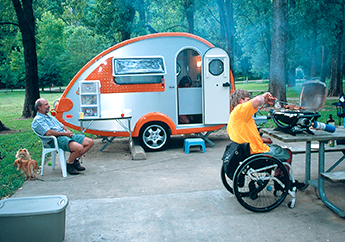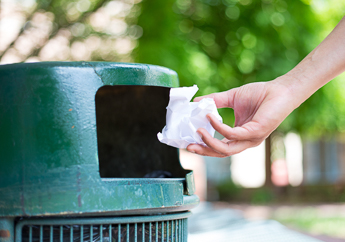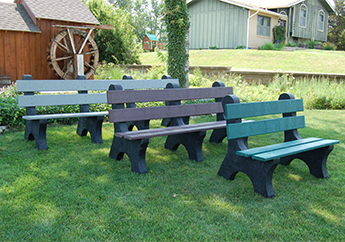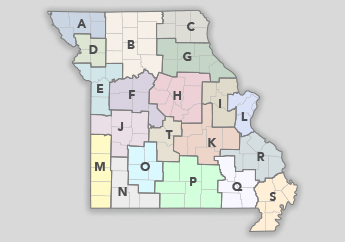Waste is often an unavoidable result of human activity. It occurs in our homes, schools, offices and factories. How we choose to handle that waste affects the air, water and land and the humans, plants and animals that rely on them. It is important that we manage our waste responsibly.
There are four basic approaches to responsible waste management. The three R's - reduce, reuse and recycle - are three approaches, and the most environmentally preferred. Reducing, reusing and recycling waste helps save landfill space by keeping useful materials out. The amount of energy and natural resources needed to produce or collect the raw materials and manufacture the product are reduced. Greenhouse gas emissions caused by shipping the product to wherever it will be sold are reduced.
Unfortunately, not all waste can be reduced, reused or recycled, which brings us to the fourth approach - proper disposal. Through processing, if necessary, and proper disposal, we can prevent harmful contamination from those waste materials. Continue below to learn what you can do to help protect your health and the environment by responsibly managing your waste.









